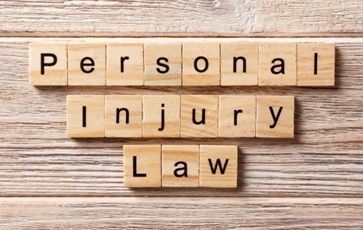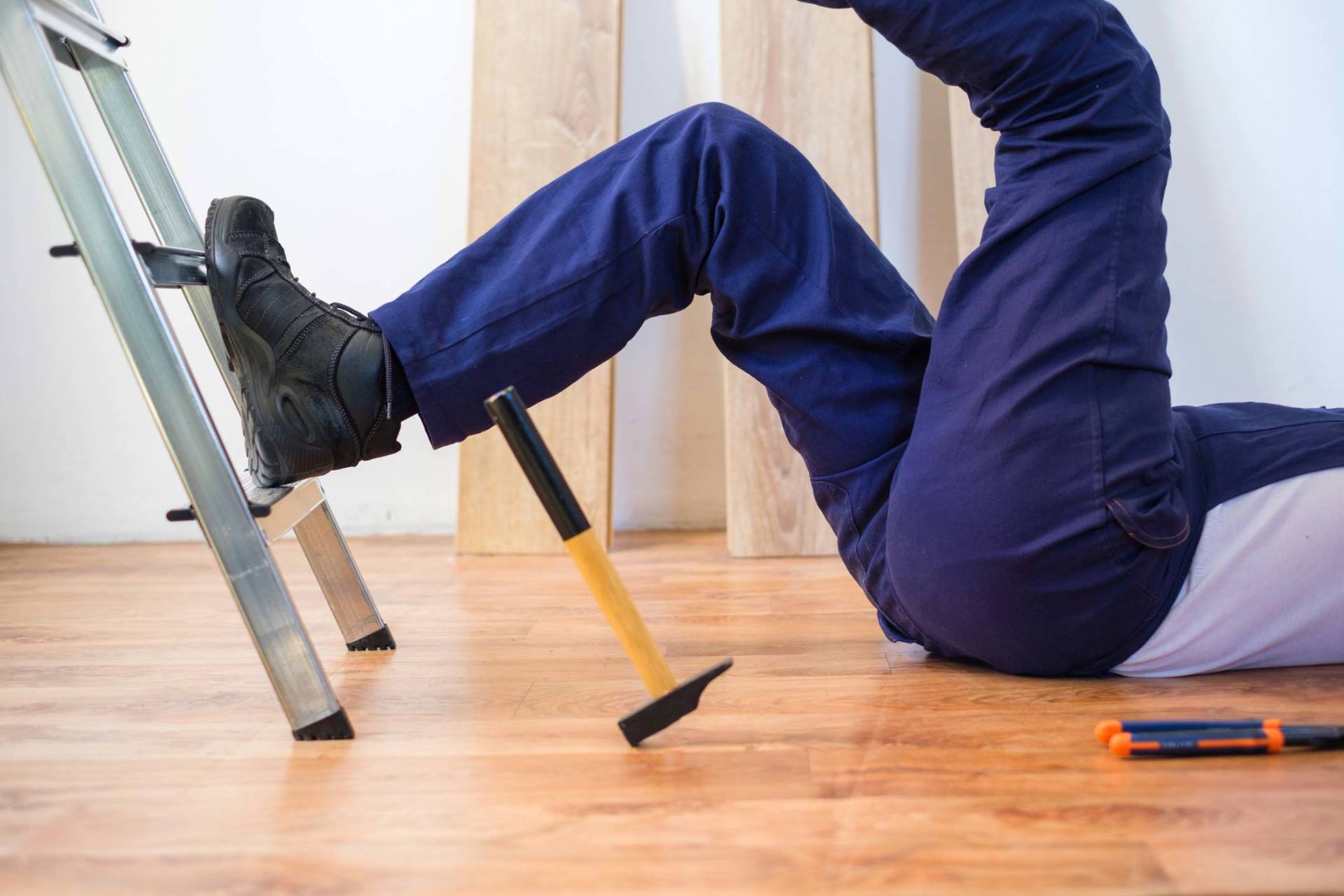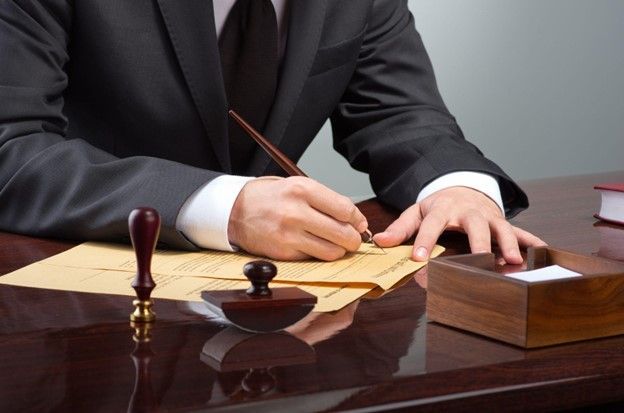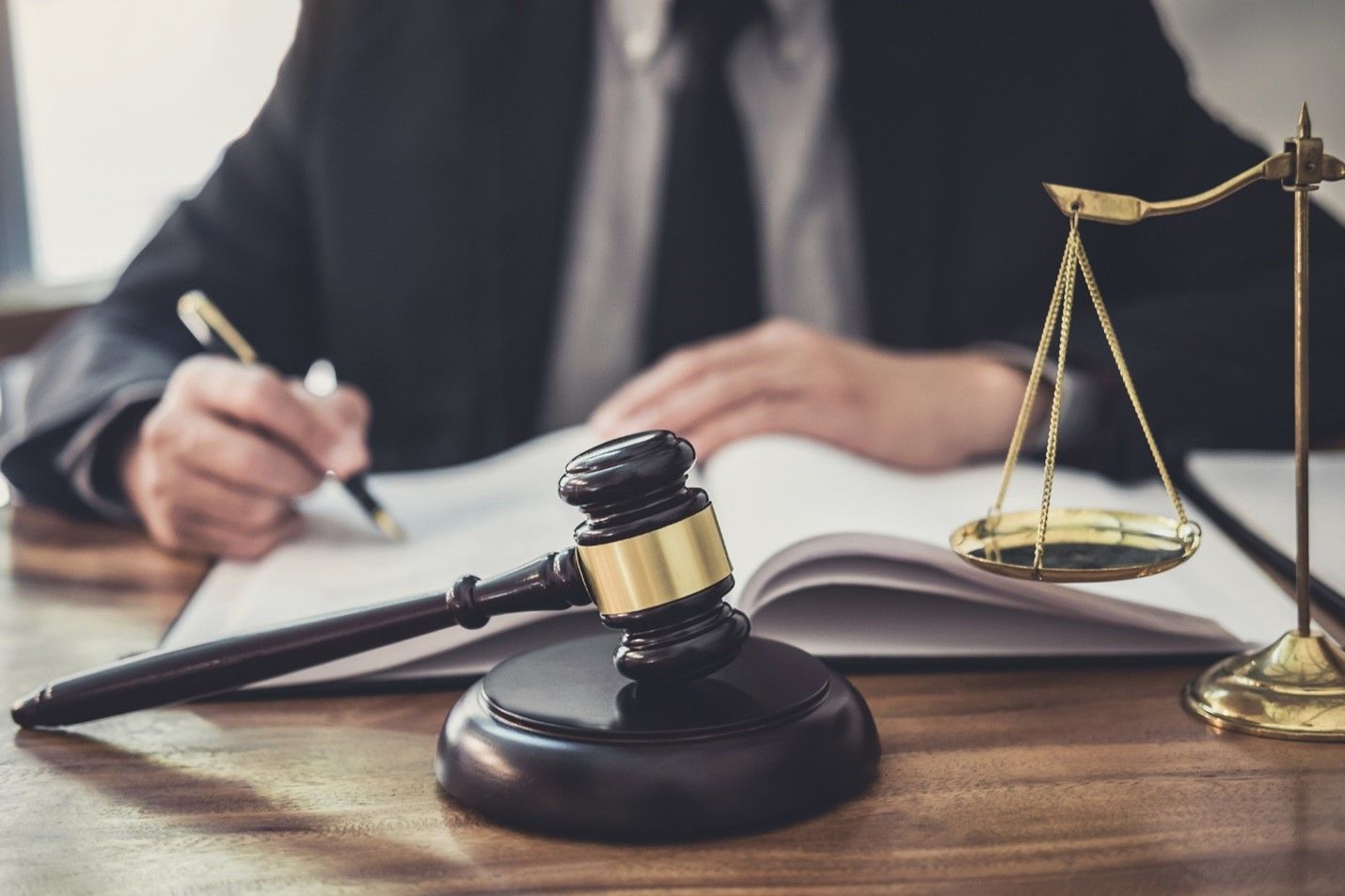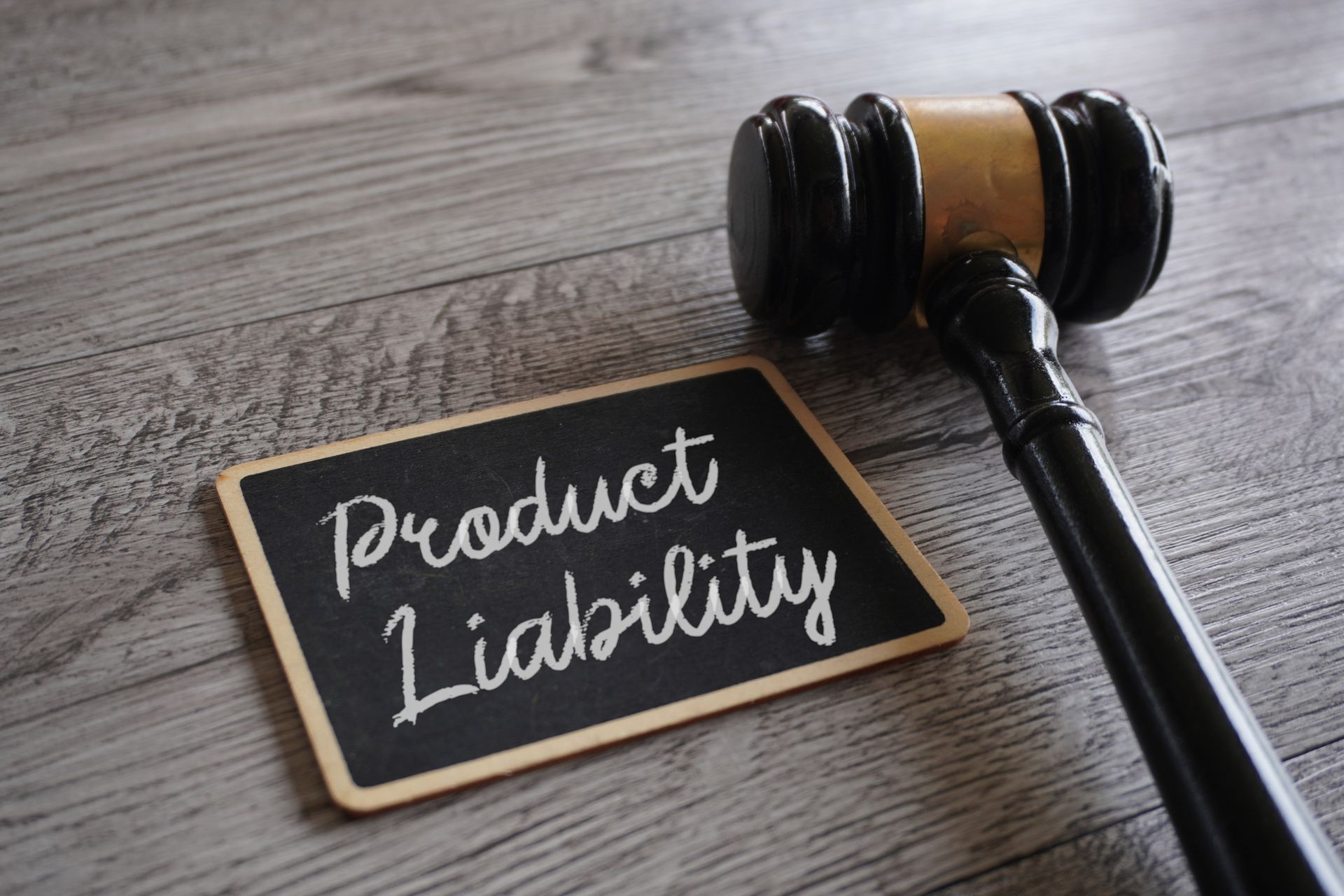Personal Injury Law: Slip and Fall Accidents
Personal injury law covers a lot of different situations, with one of the most common examples being socalled slip and fall accidents. This personal injury category involves injuries that occur when an individual suffers harm from a fall on someone else's property because of unsafe conditions. The following article offers a brief overview on this important legal topic.
How to Prove Liability
To win a slip and fall personal injury case, you need to show that the owner of the property, or someone acting on their behalf, was negligent. You prove negligence by providing evidence that an unsafe condition led to your injury and that the owner of the property, or their representative, such a store manager, was aware of the issue and did not fix it.
The unsafe condition could be something that arose by chance, such as a leaky roof causing the floor of a store to become unsafe. Another example of an unsafe condition occurs when the property owner themselves creates the dangerous situation. For instance, a property owner might be liable if they place a large obstacle on a walkway that causes someone to fall.
Rectify
An important point to note is that the law will consider whether the property owner or employee had a reasonable amount time to rectify an unsafe condition. For example, if a store manager is told about a spill almost immediately after a spill occurs, but a customer falls before the spill can be cleaned up, the store owner might not be held liable.
How to Avoid Contributory Negligence Issues
When you file a slip and fall lawsuit, it's almost a given that the defendant will try to prove that your behavior contributed to the accident. If the defendant can prove contributory negligence on your part, their liability is reduced. So, if your behavior is proven to have contributed the accident in some way, your damages, if any, will be lowered.
Say Nothing
To avoid issues relating to contributory negligence don't say anything to anyone about the accident that would make it seem like you were at fault in some way. Contact an experienced attorney who has successfully litigated personal injury cases as soon as possible after the accident and follow their advice on this matter to the letter.
How to Pursue Claim Against Government Entities
For many years, it was virtually impossible to win a slip and fall case against a government entity, such as a city or state government, because of the concept of sovereign immunity. The legal principle of sovereign immunity meant that governments could not be sued in most instances.
The principle of sovereign immunity has been modified over the years, so that it's now possible, in some instances, to successfully sue a government entity if they are responsible for your injuries an accident. Special circumstances generally apply, however, when you are suing a government agency or department.
Statute of Limitations
One of the most important differences involves the statute of limitations. You have much less time, as a rule, to file your slip and fall case when the defendant is a governmental body rather than a private company or individual. In some instances, you may have to file within 30 days of the accident. For this reason, it's vital to see an attorney quickly when you sue the government.
Another important consideration to keep in mind is that many states have laws that limit the amount of damages you may collect from a government entity.
To win a slip and fall case you will need the help of an experienced and capable attorney such as the Law Offices of Janice Maloney. Contact us to learn more about slip and fall personal injury lawsuits.
